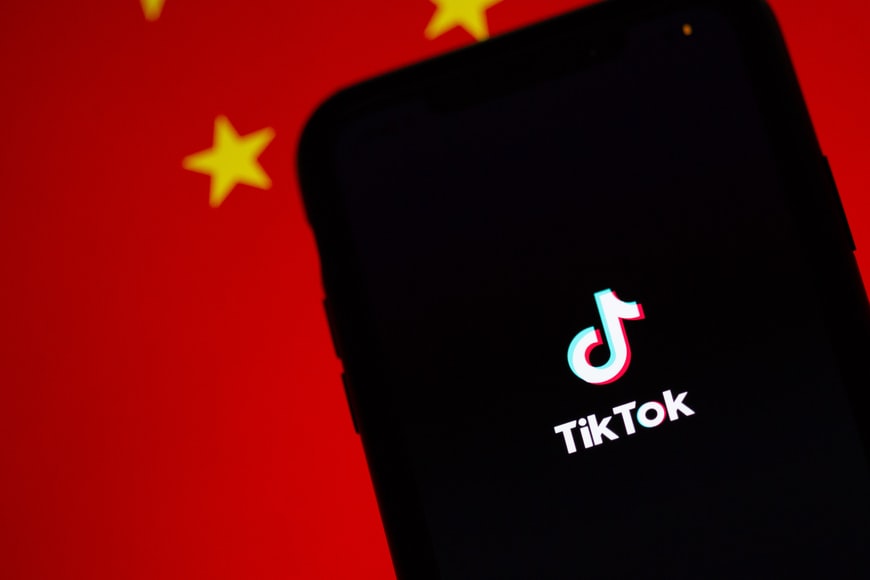Several western tech companies are fast pulling out from China. Yahoo and LinkedIn are the latest to withdraw from Asia’s biggest market in the last month.
Yahoo said that effective November 1, its services were no longer available in mainland China as it was “committed to the rights” of its users and a “free and open internet.”
“In recognition of the increasingly challenging business and legal environment in China, Yahoo’s suite of services will no longer be accessible from mainland China as of November 1,” the company said in its announcement via https://www.mycasinoadviser.com/.
The departure is mostly symbolic as the company had already reduced its China operations. Yahoo had also closed down its Beijing office in 2015, and its web portal and other services have been blocked in the country.
Similarly, Microsoft’s LinkedIn announced it would be ending its effort to provide a social site in October for similar reasons, while Epic Games gave no reason for the announcement that it will close access to the platform for users in China in two weeks.
LinkedIn said in a statement that it had come to the difficult decision after “facing a significantly more challenging operating environment and greater compliance requirements in China.”
In March, Chinese regulators reprimanded LinkedIn for allegedly failing to control political content, per The New York Times. LinkedIn also received 42 requests from Chinese authorities last year to take down content and was forced to suspend new sign-ups of users inside China for 30 days.
LinkedIn said that after seven years of China operations, it had “not found the same level of success in the more social aspects of sharing and staying informed.” A long line of Western internet companies have either stopped doing business in China or was blocked outright.
Alphabet’s Google left China in 2010 after declining to censor results in its search engine and YouTube video service. Twitter and Facebook have been blocked since 2009. Western messaging apps WhatsApp, Messenger, Telegram, and TikTok are also blocked.
Chat messaging apps Signal and audio discussion app Clubhouse was also censored and blocked in China earlier this year.
That leaves Apple as one of few U.S. tech companies operating in the country. Apple removed several religious apps from the App Store in China in October and cooperates with Chinese censorship laws.
Tech crackdown
China is amid a large-scale crackdown on big tech companies – both those from the US and its native giants. A range of laws passed in recent years contributes to what Yahoo and others characterise as a “challenging” market.
The Personal Information Protection Law – or PIPL – which came into effect on 1 November, is one of them.
Designed like a Chinese data-protection law, it introduces a range of regulations about how data can be collected and stored, with the threat of potentially massive fines of up to 5% of a company’s annual turnover.
Foreign entities processing user information – such as through web cookies and services – must have a presence, or appoint a representative on the Chinese mainland, responsible for enforcement.
In some ways, it is not dissimilar from privacy-focused laws, such as GDPR in Europe. But the political environment is significantly different in China from that in many western nations, with strict censorship requirements according to best sa online casino.
The new Chinese data regulation requires a security assessment from a government authority, as well as certain contractual clauses about the government’s access to people’s data and restrictions on where that data can be stored. The new gaming law attempts to prevent anyone under 18 years old from playing more than three hours of video games a week.


